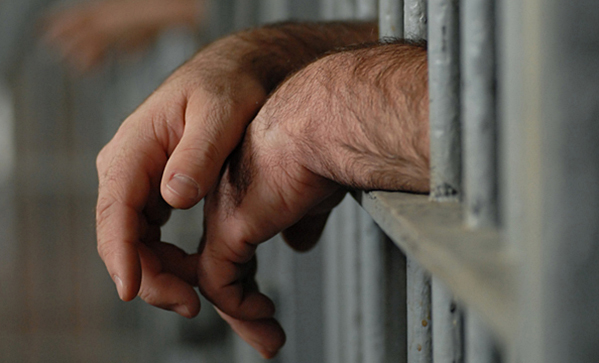When a prisoner requests (or declines) a last meal, does it matter if said prisoner maintains their innocence? It dos, according to a new study.
Published in Laws, a study by Kevin Kniffin found that prisoners who maintained their innocence were more likely to deny a final meal; conversely, prisoners who accepted their guilt requested fairly large meals.
Kniffin analyzed the final meals of 247 people executed in the United States between 2002 and 2006 (no, that wasn’t a typo). Prisoners who denied guilt were 2.7 times more likely to decline a final meal. On the other hand, prisoners who admitted their guilt requested an average of 34% more calories of food. They were also more likely to request brand name food, and comfort-food items.
With that said, the guilty may not have the luxury of pigging out much longer; Texas abolished in tradition of a last meal in 2011, after a noted white supremacist ordered a feast and ate nothing.


